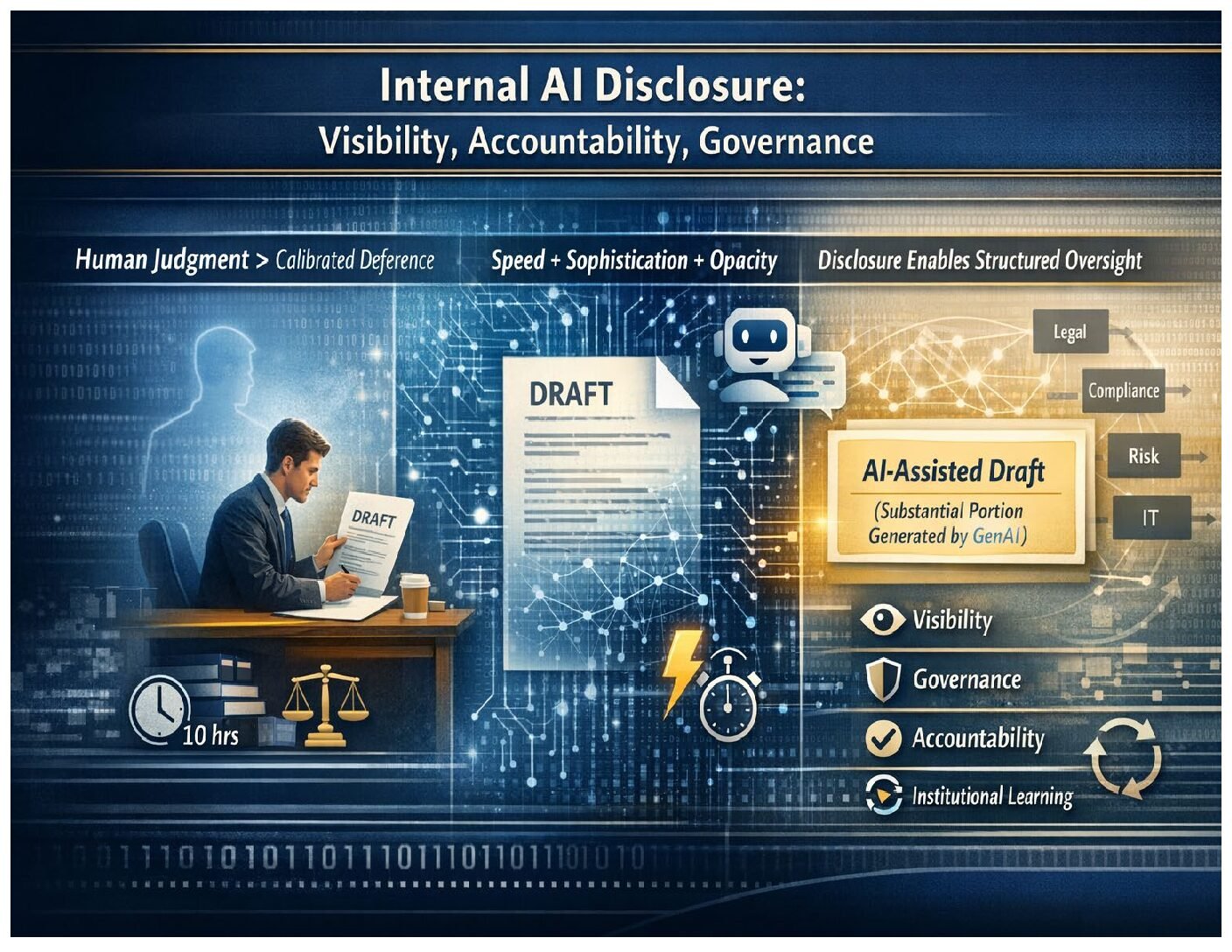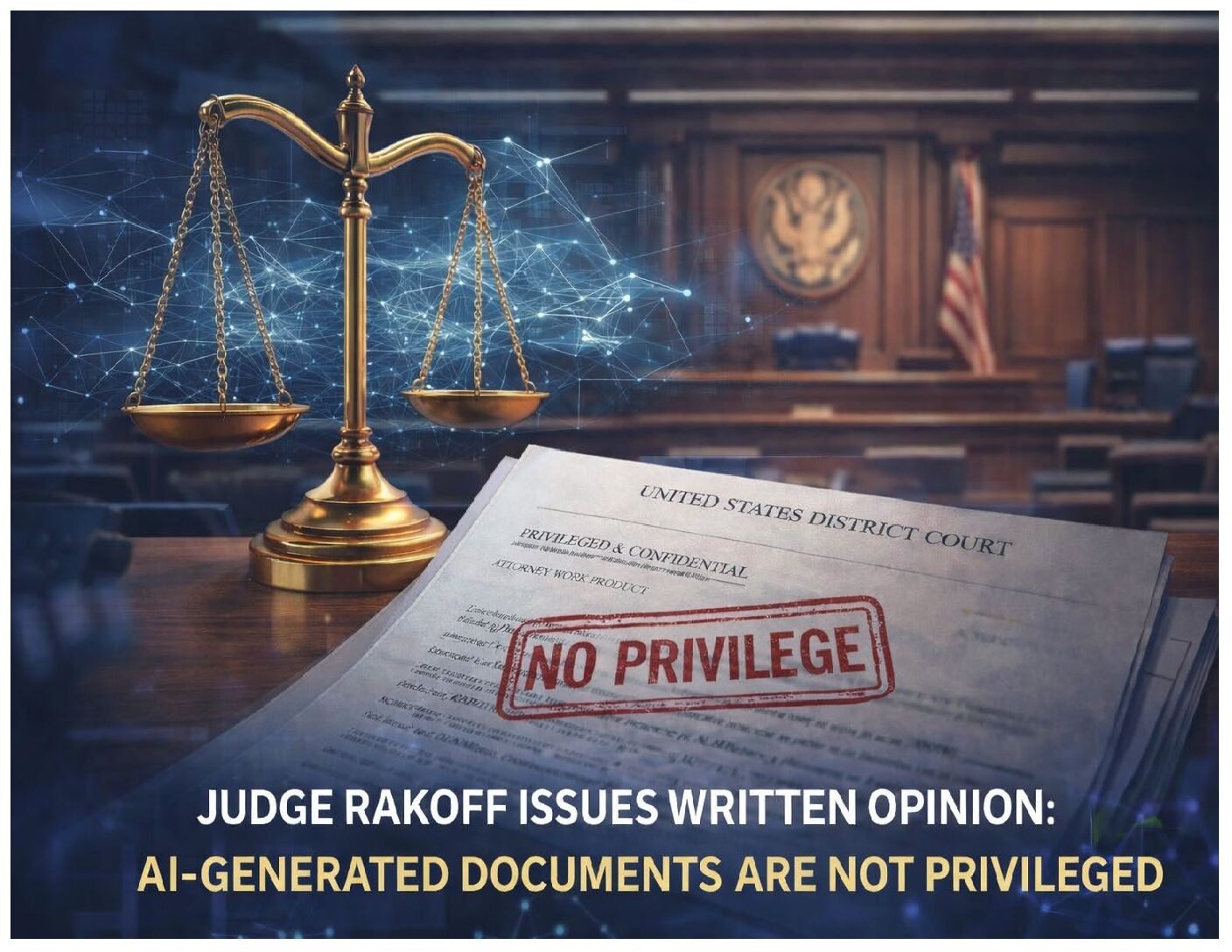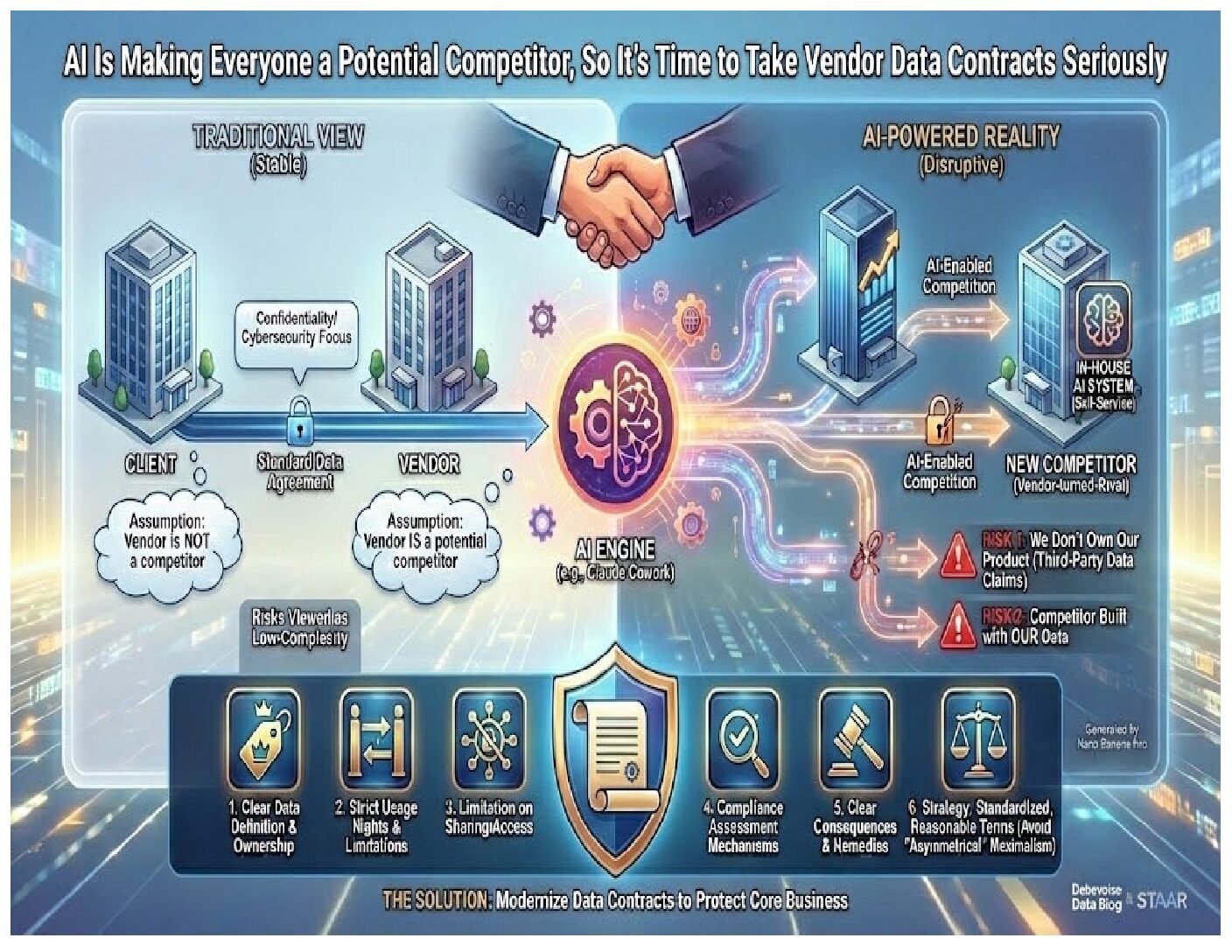On February 19, 2026, Law360 published an article titled “Meet the Attys ‘Vibe Coding’ Their Own AI Apps,” which features two different AI apps created by Debevoise lawyers and technologists. The first is a game that comes at the end of the firm’s training on its AI policy and tests whether lawyers and staff understand the requirements of the policy.…
Most companies that allow generative AI (“GenAI”) in the workplace have a policy requiring users to check AI outputs to ensure that they are accurate, complete, and fit for purpose. But once an employee reviews the AI output and is comfortable with it, the employee can thereafter circulate that document internally or externally as if they drafted it themselves, without…
Last week, we wrote about a decision in which Judge Rakoff of the Southern District of New York denied the claim of defendant Bradley Heppner that documents prepared by Heppner using the consumer version of the AI model Claude for legal research were privileged. On February 17, 2026, Judge Rakoff issued a written opinion explaining the reasoning behind his February…
AI is disrupting a core assumption for companies entering routine business agreements: that their counterparty is not, and will not become, a direct competitor. Although non-disclosure terms and data use limitations have long been standard in many business-to-business contracts, compliance with these terms has rarely been a material concern, and enforcement has been reserved only for extreme cases that involve…
Avi Gesser has been recognized in Chambers Global Market Leaders: Artificial Intelligence, which highlights leading law firm lawyers advising on AI worldwide. Avi is one of only six lawyers ranked in the top AI tier in both Chambers Global Market Leaders and Chambers USA. In support of his ranking, clients note that Avi “leverages his deep regulatory and firm experience…





